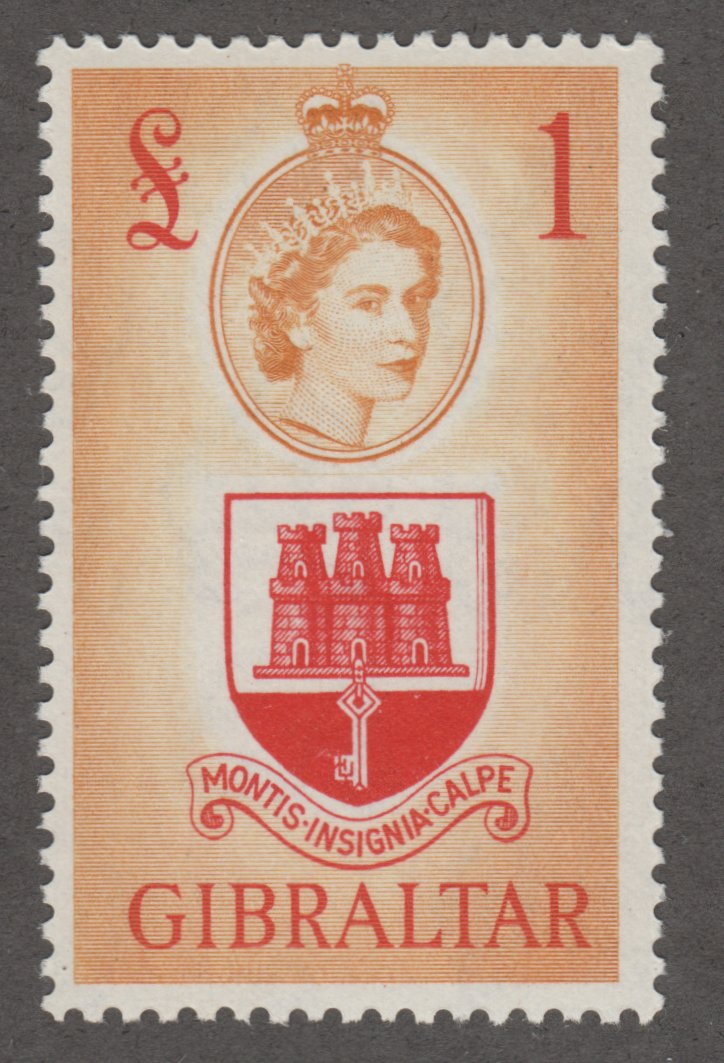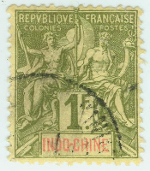
Discussion - Member to Member Sales - Research Center

Discussion - Member to Member Sales - Research Center

Eros was a British freighter, a state-of-the-art banana boat with luxury passenger accommodations that was torpedoed by the German submarine U-48 on June 7, 1940, north or Ireland. Eros was lucky: the ship was towed to a nearby island where its cargo, including war matériel and mail, was salvaged. Eventually the ship itself was repaired and re-entered service.
A few years ago I obtained this cover from a dealer here in Vancouver:


The letter was returned to the sender because Paris, the original destination, had fallen to the Germans by the time the mail was recovered. Eros itself was twice lucky: after it returned to service, it was hit by a German aerial torpedo in the North Sea. Again it survived (although this time a crew member was killed), was repaired, and returned to service. At least once it served as Admiral Ship in a North Atlantic convoy. Following the war, it was returned to service in the banana trade. You can read Eros's full story at SS Eros becomes a casualty in the Battle of the Atlantic.
My friend, who specializes in British North America philately, owns two Eros covers, and a mutual acquaintance owns one. I have seen one other one for sale but couldn't afford it. And, actually, I'm usually content with one cover representative of an incident that captures my interest.
If you yourself own an Eros cover, or know of someone who might or actually does own one, please let me know. I am planning to publish a web page providing images of known Eros covers and asking for information and images about others.
Thanks for your help,
Bob

Login to Like
this post
Thanks for sharing this Bob.
I found your linked article on the SS Eros fascinating.

Login to Like
this post
Thank you, Nigel. I enjoyed researching it, and since writing the article I've obtained declassified documents providing details of the salvaging. One interesting bit is that the island that Eros where was beached was part of neutral Eire, and the Irish were not pleased to have a British ship on their hands. It's a wonder that the salvage crew wasn't interned, which is what the Irish did with both German and Allied aircrew who were unfortunate enough to end up in Eire. Or, perhaps, fortunate! Their internment was benign: they could leave the internment camp whenever they wanted, as long as they told their guards where they were going. They had a pub in the camp, used local golf courses, and were invited to parties by the local gentry. I have a cover from an RCAF airman who was interned there; he and his bomber crew overflew England because of bad weather, and then they ran out of fuel and ditched off the coast of Eire. Perhaps one day I'll have time to write that story…
Bob

Login to Like
this post
Hi Bob,
Can you tell us how you identified this as an SS EROS cover as I see no references to the ship on the cover. I am interested in covers but lack the knowledge needed to have them tell me their history. Mario

Login to Like
this post
Identification was easy: a dealer had already described it! :-)
The evidence is to some extent circumstantial, and based on a number of factors, including postmark dates, records of sailings, known incidents with U-boats, reports of survivors and rescuers, and German U-boat records (which often specify the ships that were torpedoed, as well as precise times of the attacks, distances involved, weapons used, and sea conditions). There are the records of the salvers, which reveal the cargo the ship was carrying, what the damage was, and in this case the disposition of the mail. There are also post office records. Then there's the condition of the cover and letter — they're water stained, the stamp is gone, the envelope's has come apart because the glue was devolved. There's also clear evidence that ink from a handstamp on another cover transferred to the back of the Eros cover, no doubt while they were sitting in soaked mail bag. (Not to dealers — always seal your stamps and covers in plastic so, in case of a U-boat attack, they will be safe. They might be at the bottom of the sea, but they'll be safe! ;-)
In once sense, this is an extremely rare cover, considering that most U-boat attacks resulted in sinking, and not much mail survives the sinking of a ship on the high seas.
I should add that researching this type of material is fraught with hazards for the collector. Old records are not necessarily complete or accurate., assuming you can locate them in the first place. In fact, my cover was offered as the survivor of as a result of Eros hitting a mine, and I've seen another Eros cover* offered with the same "information". It behooves the researcher to double-check and triple check the "facts".
If you haven't read my article about Eros, here's the link again: SS Eros becomes a casualty in the Battle of the Atlantic. It includes much of the information mentioned above.
Bob
* I wrote to the dealer who was offering the second cover, telling him that Eros had been torpedoed, not mined. He responded with what seemed like a sarcasm: "Gee. Thanks!" And he never did change the description of the cover before it was sold.

Login to Like
this post

A friend of mine (and fellow Vietnam veteran!) are starting a project to determine how many covers from the sinking of S.S. Eros exist.
Eros was a British freighter, a state-of-the-art banana boat with luxury passenger accommodations that was torpedoed by the German submarine U-48 on June 7, 1940, north or Ireland. Eros was lucky: the ship was towed to a nearby island where its cargo, including war matériel and mail, was salvaged. Eventually the ship itself was repaired and re-entered service.
A few years ago I obtained this cover from a dealer here in Vancouver:


The letter was returned to the sender because Paris, the original destination, had fallen to the Germans by the time the mail was recovered. Eros itself was twice lucky: after it returned to service, it was hit by a German aerial torpedo in the North Sea. Again it survived (although this time a crew member was killed), was repaired, and returned to service. At least once it served as Admiral Ship in a North Atlantic convoy. Following the war, it was returned to service in the banana trade. You can read Eros's full story at SS Eros becomes a casualty in the Battle of the Atlantic.
My friend, who specializes in British North America philately, owns two Eros covers, and a mutual acquaintance owns one. I have seen one other one for sale but couldn't afford it. And, actually, I'm usually content with one cover representative of an incident that captures my interest.
If you yourself own an Eros cover, or know of someone who might or actually does own one, please let me know. I am planning to publish a web page providing images of known Eros covers and asking for information and images about others.
Thanks for your help,
Bob

Login to Like
this post

re: WWII S.S. Eros cover
Thanks for sharing this Bob.
I found your linked article on the SS Eros fascinating.

Login to Like
this post

re: WWII S.S. Eros cover
Thank you, Nigel. I enjoyed researching it, and since writing the article I've obtained declassified documents providing details of the salvaging. One interesting bit is that the island that Eros where was beached was part of neutral Eire, and the Irish were not pleased to have a British ship on their hands. It's a wonder that the salvage crew wasn't interned, which is what the Irish did with both German and Allied aircrew who were unfortunate enough to end up in Eire. Or, perhaps, fortunate! Their internment was benign: they could leave the internment camp whenever they wanted, as long as they told their guards where they were going. They had a pub in the camp, used local golf courses, and were invited to parties by the local gentry. I have a cover from an RCAF airman who was interned there; he and his bomber crew overflew England because of bad weather, and then they ran out of fuel and ditched off the coast of Eire. Perhaps one day I'll have time to write that story…
Bob

Login to Like
this post
11:34:00pm
re: WWII S.S. Eros cover
Hi Bob,
Can you tell us how you identified this as an SS EROS cover as I see no references to the ship on the cover. I am interested in covers but lack the knowledge needed to have them tell me their history. Mario

Login to Like
this post

re: WWII S.S. Eros cover
Identification was easy: a dealer had already described it! :-)
The evidence is to some extent circumstantial, and based on a number of factors, including postmark dates, records of sailings, known incidents with U-boats, reports of survivors and rescuers, and German U-boat records (which often specify the ships that were torpedoed, as well as precise times of the attacks, distances involved, weapons used, and sea conditions). There are the records of the salvers, which reveal the cargo the ship was carrying, what the damage was, and in this case the disposition of the mail. There are also post office records. Then there's the condition of the cover and letter — they're water stained, the stamp is gone, the envelope's has come apart because the glue was devolved. There's also clear evidence that ink from a handstamp on another cover transferred to the back of the Eros cover, no doubt while they were sitting in soaked mail bag. (Not to dealers — always seal your stamps and covers in plastic so, in case of a U-boat attack, they will be safe. They might be at the bottom of the sea, but they'll be safe! ;-)
In once sense, this is an extremely rare cover, considering that most U-boat attacks resulted in sinking, and not much mail survives the sinking of a ship on the high seas.
I should add that researching this type of material is fraught with hazards for the collector. Old records are not necessarily complete or accurate., assuming you can locate them in the first place. In fact, my cover was offered as the survivor of as a result of Eros hitting a mine, and I've seen another Eros cover* offered with the same "information". It behooves the researcher to double-check and triple check the "facts".
If you haven't read my article about Eros, here's the link again: SS Eros becomes a casualty in the Battle of the Atlantic. It includes much of the information mentioned above.
Bob
* I wrote to the dealer who was offering the second cover, telling him that Eros had been torpedoed, not mined. He responded with what seemed like a sarcasm: "Gee. Thanks!" And he never did change the description of the cover before it was sold.

Login to Like
this post

